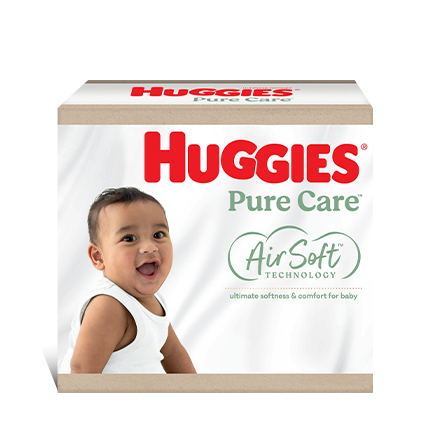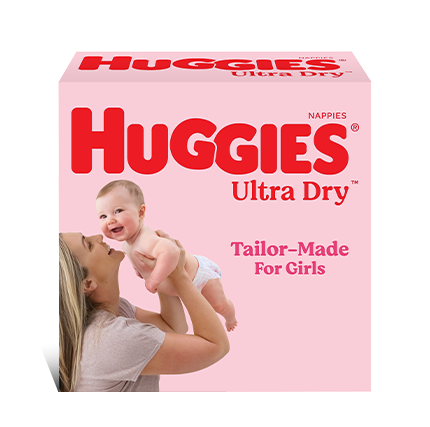The best age to start toilet training
There is no magic or correct age to kick off toilet training. The truth is that no two children train alike, so the secret to success in toilet training is to tune into your child's unique learning style and waiting for them to display the signs of being ready.
The majority of children will be physically, mentally and emotionally ready to start between the ages of 18 months and three years (though most haven t mastered the readiness skills until after their 2nd birthday). So rather than simply working on the assumption that there is a certain right age to start toilet training, ensuring that your toddler recognises the urge to wee or poo and acts on the impulse is an important sign that they're ready to start training.
Understandably, you'll be looking forward to being done with nappies, but pressuring them to start before this point will not be productive and will only drag out the process. Girls tend to be ready a little earlier than boys, so don t fret if your little man is taking a bit longer to get started than his female peers every child is unique and no two children train alike.
Signs of readiness for toilet training
Feel free to start preparing for toilet training once you notice a few physical, mental, and social signs. It's up to you to help your toddler understand the connection between their wiggling, leg crossing or crotch grabbing, and their need to go to the toilet or potty!
Physical signs of readiness
- They stay dry for up to two hours and/or stay dry through naps this shows that their bladder capacity and control are improving
- They have fairly predictable bowel movements and regular, formed poos
- They have the dexterity to pull their pants up and down
- They can walk steadily and without assistance so they can get to the toilet by themselves!
- They recognise the urge to go you might notice some common signals like they now go off to a secret corner to poo or dance or wiggle around on the spot, grasp at their crotch or show funny facial expressions when they need to wee
Mental signs of readiness
- They know what wee and poo are and may talk about them when you change their nappy
- They ask to be changed or complain about a dirty nappy they may even start to remove it themselves after a wee!
- They can sit still without being distracted for one to two minutes
- They're able to understand and follow simple instructions
- They can communicate & let you know when they need to go
Social and emotional signs of readiness
- Demonstrates independence and a desire to complete tasks on their own starting to say no or I can do it might become the norm!
- They start to copy or imitate your behaviour or other around you for example, they want to start using the toilet because you do, or wear undies because their older sibling wears them
- They show a desire to please & respond well to being praise
- They asks to wear real undies or use the toilet
Try To Create Time
Knowing the right time for your child to start toilet training is one thing, but finding the time to train them is a whole new ball game.
There's no point buying the necessary tools and preparing your baby for toilet training if you can t find the time to teach it. Make sure that as a parent you can create time to be able to guide your little one to toilet training success.
Whether that means using up some holidays or leave from work, or spending more time around the home and your child than you're used to, it will give you more time to learn about things like common toilet training myths and other handy information.
In some cases, you may have another baby on the way, so finding even more time to take care of the new arrival can further put a spanner in the works of your toilet training. It's all about juggling your commitments to make sure that you're around when it's time for your child to go.
Think About A Babysitter
If you simply can t afford time off work or you find yourself as busy as a bee, perhaps looking for a babysitter or carer is another option.
Children may not be so comfortable around others when going to the toilet, but if you make sure your carers go about toilet training the way that you do when you have the chance to be home, then they should be fine.
The best way to do this is to talk your children's babysitter or guardian through everything they need to know about what to do when it's potty time . This keeps everything consistent for your child as well.
If your child is showing some signs of readiness like recognising the urge to wee, see our toddler toilet training area. Also, be sure to read our advice on toilet training tools and toilet training products.
Last Published* May, 2024
*Please note that the published date may not be the same as the date that the content was created and that information above may have changed since.





















